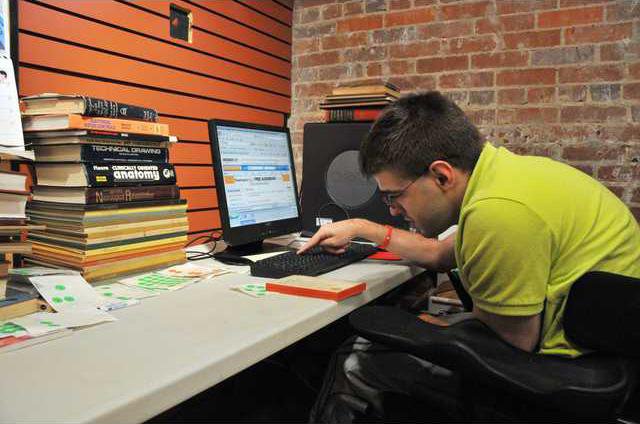Some of Gainesville's most prominent nonprofit organizations will soon receive money to make it through the next year.
The city received $436,290 in Community Development Block Grant funds for its annual allotment from the U.S. Department of Housing and Urban Development, and several organizations will continue to receive money to help youth mentoring, after-school enrichment, homeless services, crime prevention and fair housing programs.
"The primary goal is to assist low- and moderate-income persons within the city, which includes removal of slum and blight and enhancing neighborhoods," said Chris Davis, the city's housing manager who handles the grant funds. "How can we help folks through nonprofit agencies, assist them by bringing their house up to code and improve the areas where they live?"
About $60,000 helps the Boys & Girls Clubs, Gainesville Action Ministries, Gainesville-Hall County Community Service Center, Newtown Florist Club, Our Neighbor and Veteran's Community Outreach.
About $155,000 will fund housing rehabilitation in the community, which helps low- and moderate-income houses with energy efficiency projects, handicapped accessibility, weatherization changes and lead-based paint testing.
"We like to encourage looking at the community as a whole, and everything works in concert," Davis said. "In the future, I'd like to do more to enhance businesses that would give jobs to low-income people and fund a facade program, which would enhance our corridors and streets that are getting run down. First impressions are important, and it could determine if businesses would locate here and contribute to our society."
About $100,000 will also help with construction of the Midtown greenway, which will provide walking and jogging trails for residents. Part of the trail borders with areas that the grant funding targets - one of the Census tracts of 939 people holds 94 percent low-income homes.
"A lot of low-income people walk, and we can use public service funds to install sidewalks and lighting. If you look from a broad spectrum, the greenway will enhance an impoverished area," Davis said. "One of the things we try to do is provide assistance to the community as a whole while focusing on heavily impoverished areas."
Past projects helped to build the Fair Street Neighborhood Center, provide fair housing counseling and financial literacy counseling to residents, and give additional funds to the homeless system of care in Gainesville. Seven agencies help with homeless services in the city, providing 98 beds, 32 emergency beds and 66 transitional beds.
"Most nonprofit programs rely on donations and fundraising, and this is another way to further their efforts and develop new programs," Davis said. "They have other areas of funding, but we try to help them bridge the gap."
Gainesville became entitled for Community Development Block Grant funding in 2004, and annual allotments have fluctuated, with about $450,000 in funds for 2005, 2006 and 2007 and then a drop to $394,000 in 2008 - the same time the economy spiraled and nonprofits needed the most help.
Funding climbed to $402,000 for the city last year and jumped the additional $34,000 for this year.
"Our funding fluctuates depending on the federal government and additional communities that become eligible," Davis said. "Local agencies apply for the funds, a committee reviews applications and we distribute 15 percent of the grant for nonprofit agencies. We want to enhance the livability of certain areas, and we can promote that with funding."

